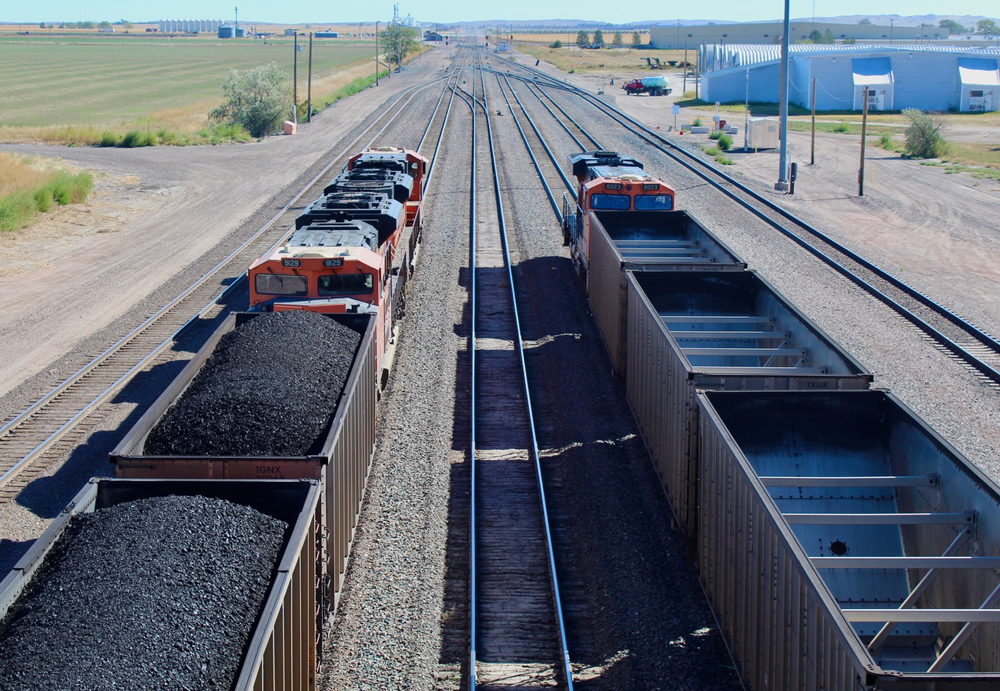
Navajo Transitional Energy Co.’s lawsuit against BNSF Railway, which seeks damages for the railway’s alleged failure to reach coal volume commitments, must head to arbitration, a federal judge ruled this week.
NTEC filed suit against BNSF in December, claiming that the railroad’s preferential treatment of other mines cost it more than $150 million in revenue and $15 million in demurrage penalties in 2022.
NTEC says it had a contract with BNSF to move up to 5.5 million tons of coal from its Spring Creek Mine in Montana to the Westshore Terminals in Delta, British Columbia, for export to Japan and Korea. As of the end of November, however, BNSF had moved just 2.99 million tons, even though NTEC had already sold 4.6 million tons.
On Tuesday a federal judge in Montana ruled that contracts require the companies to hash out their differences through arbitration. NTEC’s lawsuit was put on hold in the meantime.
NTEC in April filed two separate complaints with the Surface Transportation Board: One claiming that BNSF violated its common carrier obligations and another seeking an emergency service order requiring the railroad to haul more coal this year.
In a 3-2 decision in June, the STB granted NTEC’s request for a preliminary injunction and required BNSF to transport 4.2 million tons of coal from the Spring Creek Mine to Westshore this year. BNSF also will be required to move an additional one million tons this year as additional coal train sets and train crews become available. The board’s order effectively requires BNSF to handle 23 NTEC coal trains per month, and an additional six trains per month as train sets and crews become available.
BNSF has appealed some elements of the decision in federal court.
The STB last month set a procedural schedule for the common carrier case and this week revised the schedule at BNSF’s request. Discovery in the case will end on Sept. 28. NTEC’s opening comments are due by Nov. 6, with BNSF’s reply due by Dec. 18 and NTEC’s rebuttal deadline set at Jan. 16, 2024.
The common carrier obligation requires railroads to move freight upon reasonable request.






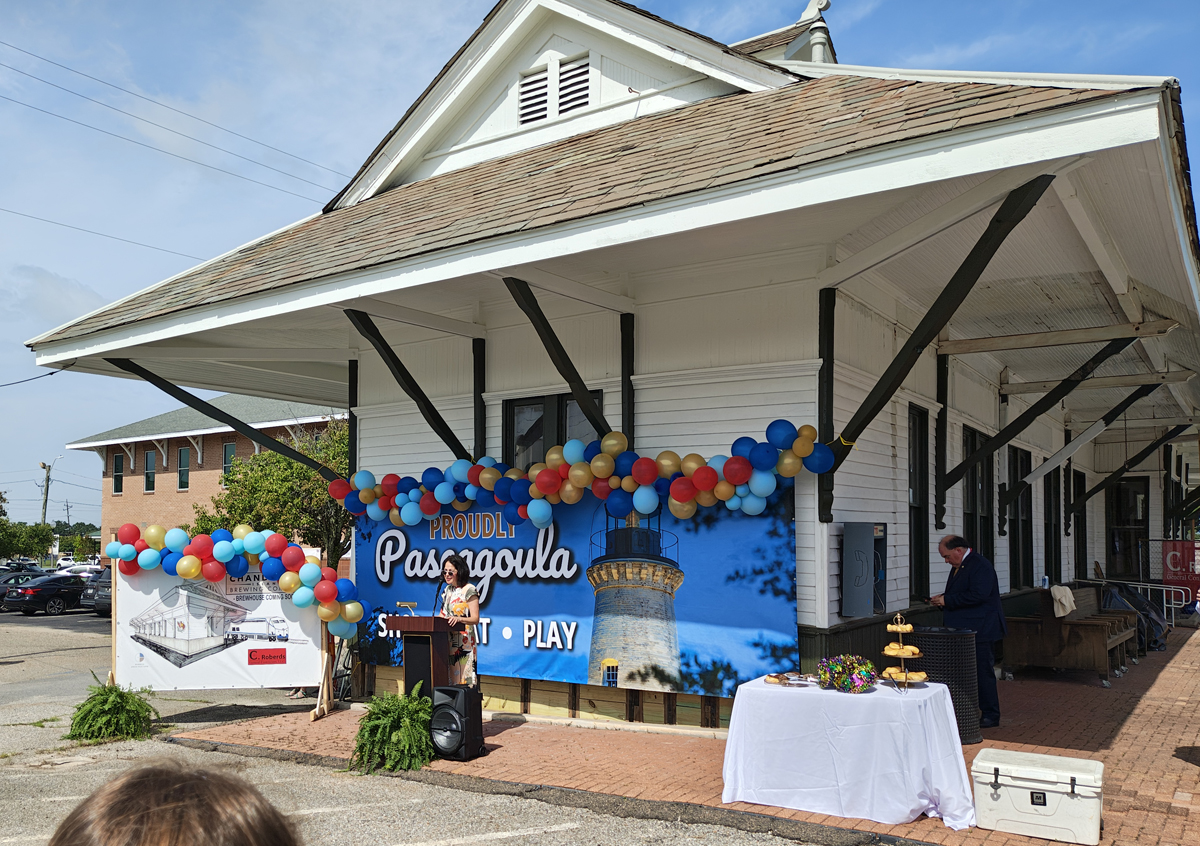
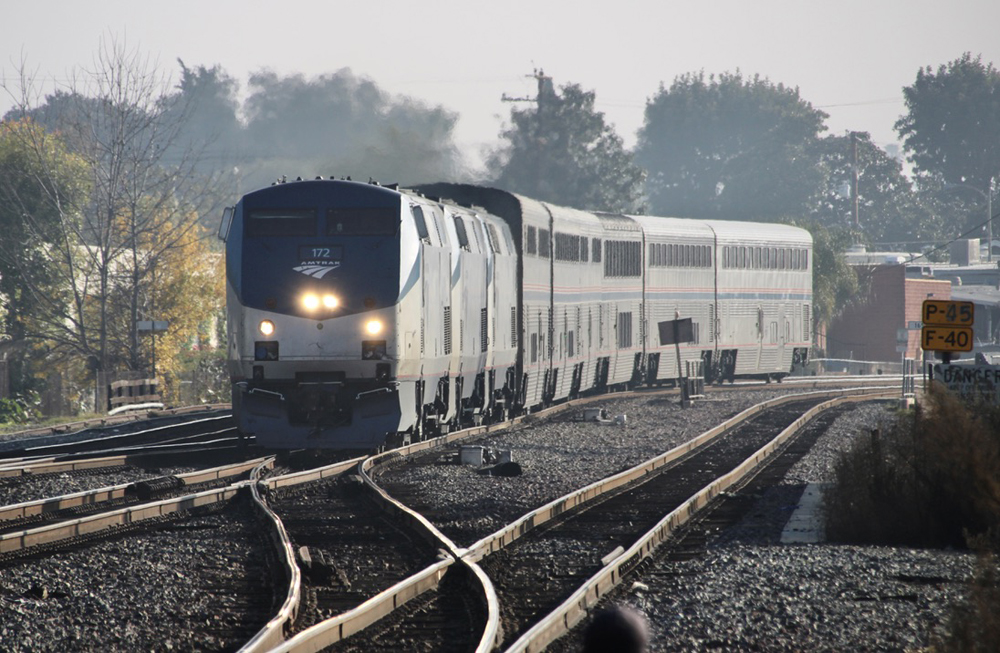
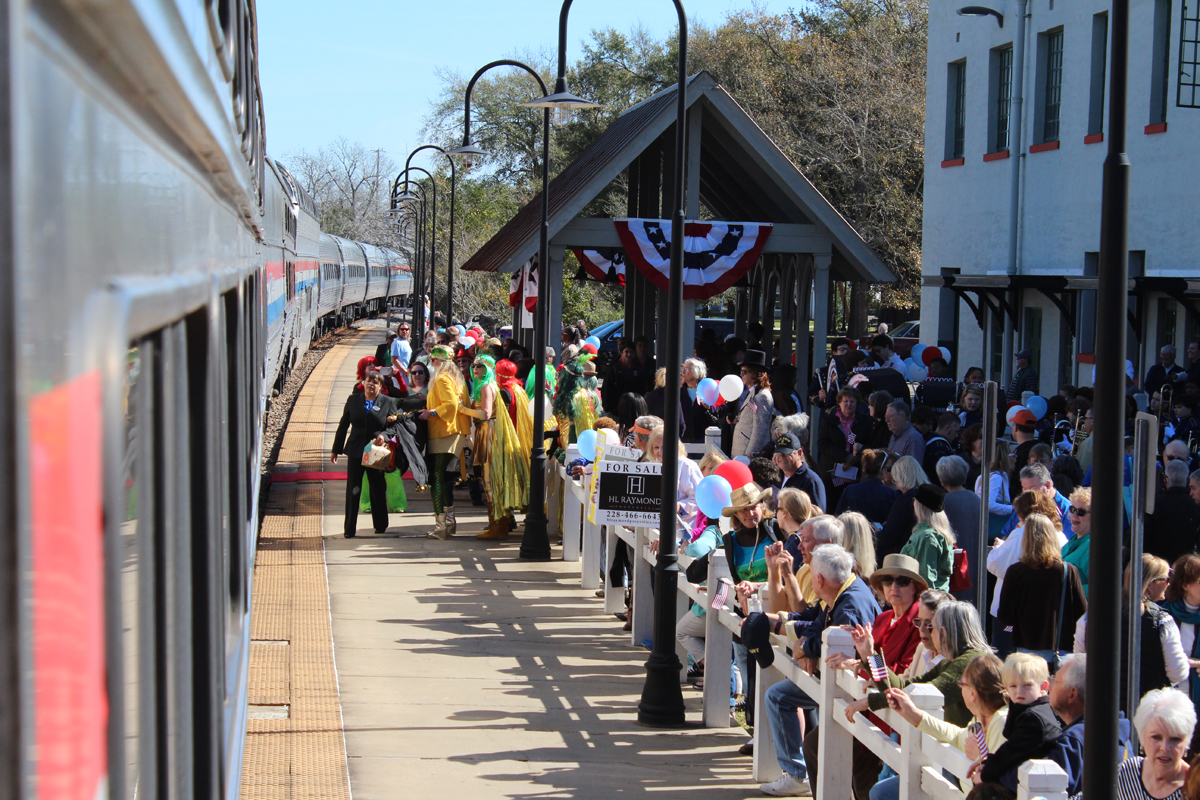
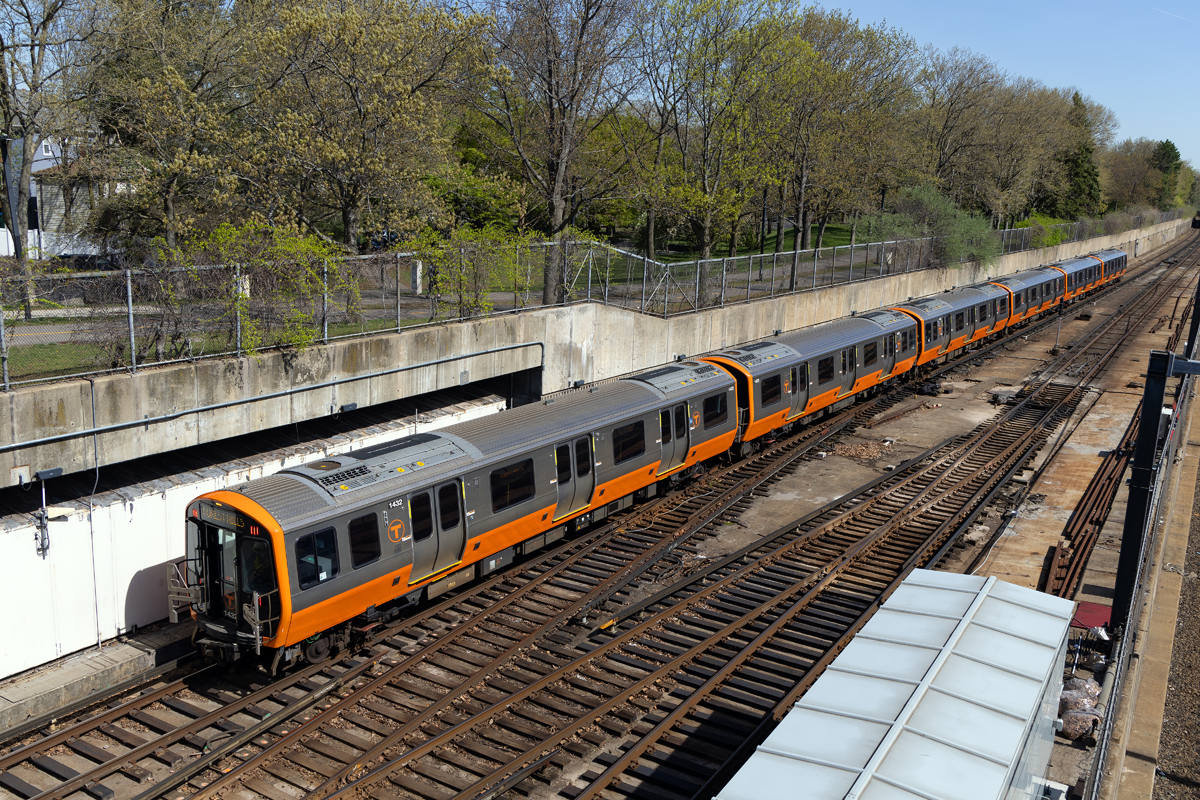




If I am NTEC I tel BNSF to fulfill their obligations as a common carrier in the national system and all that it entails or give up that notion and allow Union Pacific who does have locomotives, cars and crews available to handle the extra coal loads either until BNSF can get the necessary capacity in place or seeds the business to UP or another carrier in the area (Montana Rail Link?). Turning away business because you have made commitments to other customers is laudable short term but unsustainable long term, It is these type of action that will lead the STB to grant reciprocal switching or open access (at a cost) to all shippers nation wide and will kill the goose that laid the golden egg. I suggest that BNSF consider their actions very carefully. It currently anti consumer and will be deat with thru more regulation which no one wants.
Previously BNSF stated it did not have enough coal cars and locomotives as their excuse. There are certainly a lot of those cars in storage around the country and BNSF had locomotives in storage. More likely it was a matter of not enough crews since the railroad is like the other railroads who are short on crews . Most likely the outcome of all of this in the form of a “common carrier” decision will be the most interest to railroads.
Guess I am confused. Read that part about ‘preference’ for mines. Are they turning away business? Or is there more to the story….